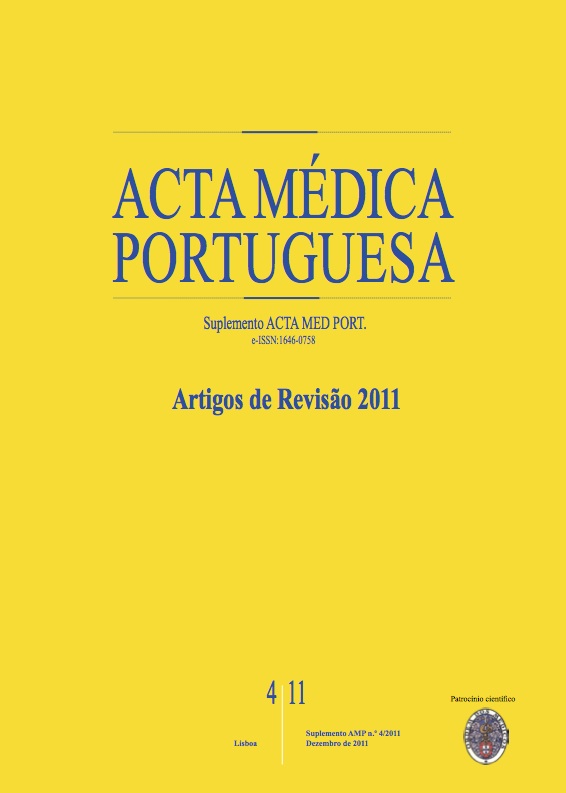Clinical and preventive intervention in eating behaviour: a dialogue between psychology and nutritional sciences.
DOI:
https://doi.org/10.20344/amp.1599Abstract
The eating habits modification is a clinical challenge, both on therapeutic and preventive levels, which requires tools from various areas of health, such as psychology and nutrition. In the structured work in these areas, that includes the referral to specialist consultants, there is a need of a first intervention in Primary Health Care, in clinical and community levels. In this paper, we attempt to systematize useful information for intervention. We will start by reviewing some important interviewing skills, some models of motivational interviewing, and we will make a brief reflection about the client. Then we will analyse an individual case structured in two complementary levels of interpretation: a closer look in general factors and another that reflect the antecedents, consequences and the description of the behaviour problem. We will also tackle issues related to the context in which the individual moves. We will analyse some group intervention programs within a clinical and preventive perspectives. Finally, we will discuss some concepts related to therapeutic adherence.Downloads
Downloads
How to Cite
Issue
Section
License
All the articles published in the AMP are open access and comply with the requirements of funding agencies or academic institutions. The AMP is governed by the terms of the Creative Commons ‘Attribution – Non-Commercial Use - (CC-BY-NC)’ license, regarding the use by third parties.
It is the author’s responsibility to obtain approval for the reproduction of figures, tables, etc. from other publications.
Upon acceptance of an article for publication, the authors will be asked to complete the ICMJE “Copyright Liability and Copyright Sharing Statement “(http://www.actamedicaportuguesa.com/info/AMP-NormasPublicacao.pdf) and the “Declaration of Potential Conflicts of Interest” (http:// www.icmje.org/conflicts-of-interest). An e-mail will be sent to the corresponding author to acknowledge receipt of the manuscript.
After publication, the authors are authorised to make their articles available in repositories of their institutions of origin, as long as they always mention where they were published and according to the Creative Commons license.









